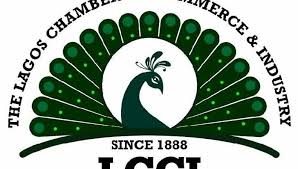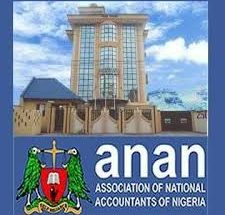Lagos Chamber of Commerce and Industry (LCCI) has called for implementation of targeted fiscal and monetary interventions that can boost food production, lower the cost of doing business, overhaul transport infrastructure.
In a statement tagged “Curbing inflation and Rate Hikes” the Director General of LCCI, Dr Chinyere Almona said that such interventions would increase investment in innovative security architecture driven with technology, create a more enabling environment for the power and oil and gas sectors, and boosting non-oil exports.
Specifically, she said, the Chamber had recommended that the CBN apply an import duty exchange rate lower than the official rate at a fixed rate for a determined period.
This according to her expected to help businesses plan better and serves as a palliative that benefits a high proportion of the populace.
She pointed out that the ongoing debate on a new minimum wage for Nigerian public workers is becoming a critical variable in the discourse about the next levels of government recurrent spending that may further fuel inflationary pressures into the second half of the year.
She explained that as the two party are still debating on the wages, the Government should begin to plan for the massive commitment of resources to implement the new minimum wage when the debates are over.
She said that this calls attention to reducing the cost of governance, eliminating duplicate functions in government agencies through mergers, and investing more in the deployment of technology to automate some government processes.
Speaking further she said “Beyond the instrument of rate hikes to curb inflation, economic managers should consider non-cash interventions to reflate the economy without necessarily increasing the currency in circulation.
If this tightness continues, we should not expect to achieve our growth projection of about 3.37 per cent this year.
“The government should seek more options to support industrial productivity, fight insecurity, invest more in infrastructure like power and transportation, deploy more technology for automation to ease the cost of doing business, and give a boost to non-oil exports to increase our foreign exchange earnings.




